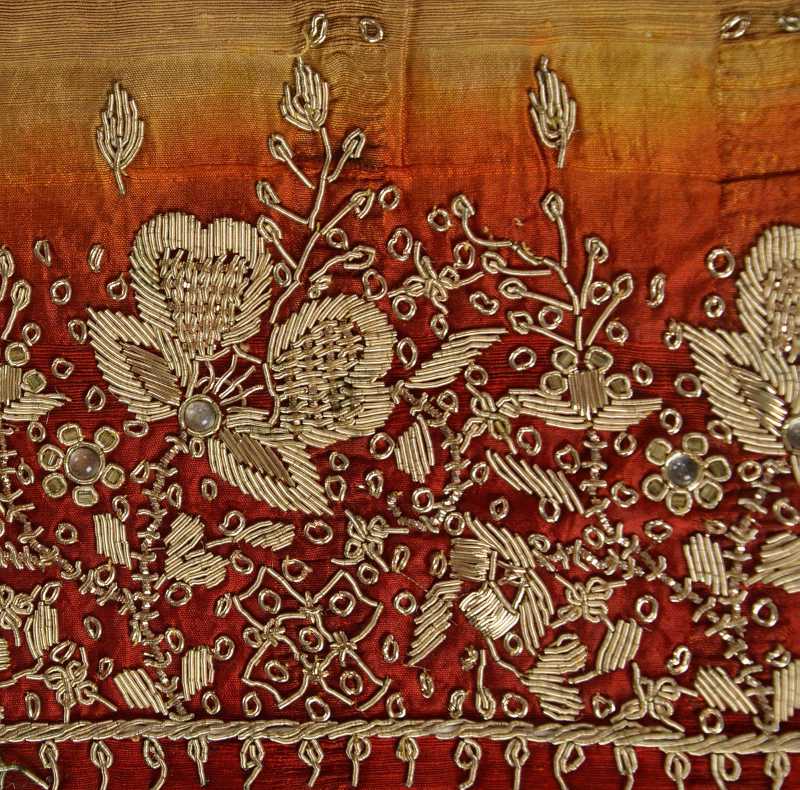===
0896,
11
===

=== |
 |
pa;Rnaa : 'To fall, drop; to fall down, drop down; to lie, lie down, recline, repose; to lie idle, useless, or unoccupied; to be set or laid aside; to be laid up, be prostrated'. (Platts p.261)
FWP:
SETS == GESTURES; SUBJECT?
MOTIFS == SWORD
NAMES
TERMS == COINCIDENCE; DRAMATICNESSThe body of 'Mir' has been seen simply lying somewhere, covered in blood. This scene is like a 'gesture', in that it's ultimately nonverbal, unexplained, unknowable. Those who report it can only speculate about the circumstances of his death; and we can do no more than join them in making any number of unverifiable guesses. It might almost be called the 'unknowability trope', parallel to the 'inexpressibility trope'. How convenient they both are, in making tiny verses impossibly multifarious.
Note for grammar fans: In the first line, pa;Raa thaa could be taken as the past perfect, 'had fallen'. Alternatively, it could be taken as the past participle pa;Raa hu))aa thaa , 'was [in a state of] lying', with the hu))aa colloquially omitted. The former reading has more drama, since it conveys a change of state (earlier 'Mir' had been standing, then he fell), while the latter, stative reading has more pathos (he was simply, helplessly, lying there).
Note for meter fans: The first syllable of lohuu has been spelled with a full o , so that it looks set to be a long syllable. But then Mir has scanned it as short, like the modern spelling lahuu . Don't try this at home.